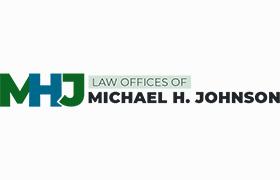Loxahatchee Bankruptcy & Debt Lawyer, Florida
Sponsored Law Firm
-
 x
x

Click For More Info:
-
Law Offices Of Michael H. Johnson, P.A.
3601 W. Commercial Blvd Suite 31 Fort Lauderdale, FL 33309» view mapBankruptcy & Debt Experienced Legal Guidance
I know how important getting out of debt can be, and I’m committed to providing innovative, effective solutions to help you have a brighter future.
800-773-6441
Michael K. Bregman
✓ VERIFIEDThe Law Offices of Michael K. Bregman, P.A. has helped thousands of clients that have been injured due to the negligence of others. We are available ... (more)
Tania Ochoa
✓ VERIFIEDProudly taking General Bankruptcy Matters, Chapter 7 Bankruptcy, and Chapter 13 Bankruptcy cases from West Palm Beach Florida.
Bruce S. Rosenwater
✓ VERIFIEDAttorney Bruce S. Rosenwater was born in Cleveland, Ohio. He is a veteran attorney, having assisted Floridians for more than 30 years. Bruce founded a... (more)
Clayton B. Gordon
FREE CONSULTATION
CONTACT Michael Johnson Fort Lauderdale, FL
Michael Johnson Fort Lauderdale, FL AboutLaw Offices Of Michael H. Johnson, P.A.
AboutLaw Offices Of Michael H. Johnson, P.A.



